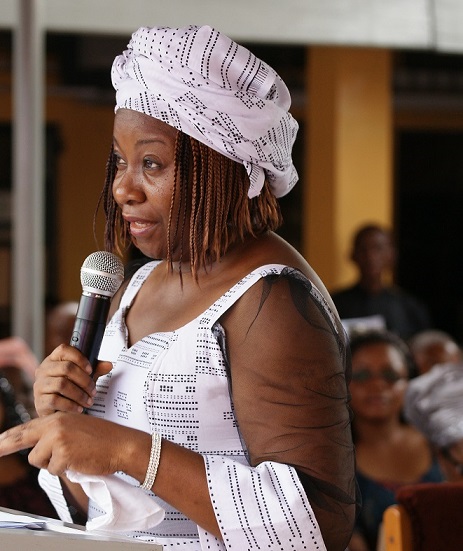This post is part of the Countdown to Conference (C2C) series. We would love to feature a brief blog post from you too! Visit our main Countdown to Conference page for details! For more information about #GEAConf2019 visit the conference website
C2C: Looking Back, Looking Forward
Zibah Nwako, University of Bristol
So, how did I get here? Looking back, I would describe my PhD study as an indirect consequence of my professional background as a self-development trainer and consultant. Although my main experience is from administration and informal education – as a proprietor of several out-of-school clubs – my career trajectory has certainly not been a linear one.
Having spent 8 years serving children in pre-school/nursery, primary and secondary schools, I moved on to becoming a licensed trainer for the Springboard Women’s Development Programme, run by the Springboard Consultancy in the UK. In 2008, I had the privilege of establishing the programme in Nigeria, West Africa where I train up to 30 participants per course. One of the outputs from this was a culturalisation of the Springboard workbook to suit the Nigerian context, which was an enlightening experience.
Fast forward to 2014 and I headed to the University of Bristol to study for a Masters’ degree in Educational Leadership, Policy and Development. For my research dissertation, I studied the impact of informal learning on the aspirations and experiences of girls in rural Nigeria – including through folklore, ethnic practices, traditions and village customs.
On the professional side, I expanded my portfolio (again with the Springboard Consultancy) by becoming a ‘Sprint’ trainer – the Springboard equivalent for female university students. When it was time to choose a topic for doctorate study, one of my previous supervisors suggested, ‘Why don’t you marry your two interests – self-development and young women?’ She was right, and the topic was birthed! I am now therefore exploring the wellbeing of female undergraduate students in Nigeria from a social justice perspective and using the capability approach.
From her research on the capabilities that matter for gender equality, Prof. Melanie Walker wrote in a policy brief, ‘Women were expected to study in conditions where the expectations, norms, values, traditions and ways of behaving are derived from masculinised conceptions of what is “normal”’ (Walker, 2017 p. 1). This is certainly reflected in this study which I conducted with the female students as my research partners.
As this is my first time of attending the GEA conference, I am keen to share some of my research partners’ lived experiences and to reflect on the wider factors (socio-cultural, environmental and political) that impact on their wellbeing. In accordance with the conference theme, I will highlight the prevailing gender-based invisibilities and inequalities that they face, particularly in student political activism. I also look forward to a communication of ideas with which to contextualise the Sprint programme in support of the wellbeing of female students in Nigerian higher education.
If you are attending conference, let us know on Twitter using the hashtag: #GEAconf2019


